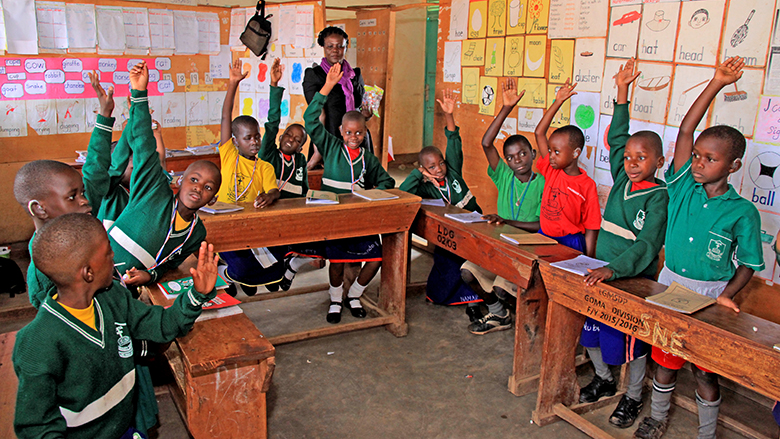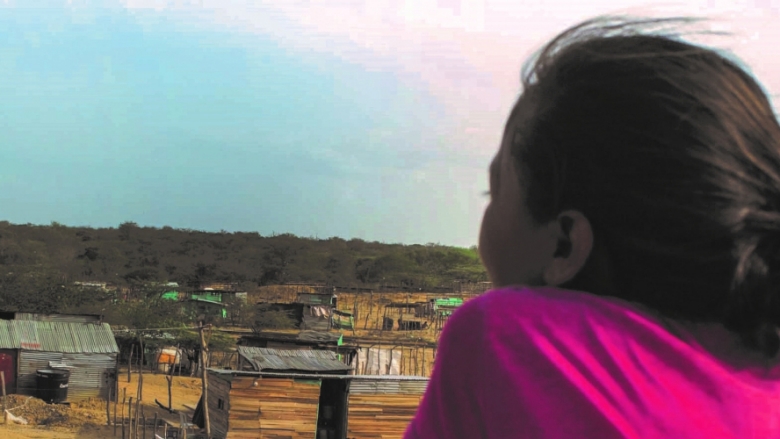PLUS: Making education accessible in Uganda, solving Latin America's migration crisis, and more, all in this week's newsletter!
| Having trouble seeing this email? |
| |
| |
| |
| The World Bank has multiple mechanisms to quickly help countries facing public health issues, providing emergency assistance, as well as disaster and pandemic preparedness. | | | |
| |
 | | | | Uganda is promoting special needs and inclusive education to give every child an equal chance to an education. | | | |  | | | | Integrating migrants within the existing urban fabric could have broader benefits. Innovative ideas have emerged in other regions forced to find quick housing solutions. Here are three. | | | | |
| |
| |
| "During an exceptionally rainy August in 1994, pneumonic plague broke out in the city of Surat, in western India. A quarter of that city's then population of a little over a million people, mostly poor migrant workers from other parts of the country, panicked and dispersed across four different states ... Twenty-six years later, in January 2020, my wife and I are based in Beijing, China and it's "déjà vu all over again." -Barjor Mehta – February 10 | | | | | |
| |
| |
| In the past few years, a growing number of lower-income economies have fallen into debt distress or are at risk of it. World Bank President David Malpass and IMF Managing Director Kristalina Georgieva discussed the forces behind this troubling trend and ways countries can improve their debt sustainability. Catch the replay now! | | | | | |
|
| |
| |
| |
| |
| |
| |
| |
| |
 With the current flu season predicted to be especially severe, as well the recent coronavirus outbreak, people are rightfully concerned about their health. From flu shots to face masks, many are taking extra measures to protect themselves from infection. But there is also a simple and effective way to help prevent the spread of infection diseases –handwashing. Washing your hands with soap and water is an efficient and inexpensive way to help prevent transmission of diseases such as diarrheal and respiratory infections. As a standard hygiene measure to prevent infections including the new coronavirus, WHO advises the general public to practice handwashing with soap and water, and published a guideline on proper handwashing techniques. Read More. |
| |
| |






No comments:
Post a Comment